Description
What is a Corrosion Coupon?
A corrosion coupon is an uncomplicated yet highly effective tool used across industries for measuring the rate of corrosion in any environment. Mostly used in the oil and gas sector, these coupons are small, bar-like pieces of metal that are made from the same material as the pipelines or structures they are intended to monitor.
But how does a corrosion coupon work? The process is quite straightforward. These metal bars are placed directly into the system where corrosion is expected or needs to be monitored. They are left in place for a predetermined period, often a few months, during which they are exposed to the same environmental conditions as the rest of the system.
Over time, these coupons corrode, much like the rest of the system. After the specified period, the coupons are then removed from the system and carefully cleaned of any corrosion products. They are weighed before and after their exposure to the corrosive environment, and the difference in weight gives a direct measurement of the amount of material lost due to corrosion.
By knowing the material loss and the time the coupon was exposed, one can calculate the corrosion rate. This information is crucial in understanding the corrosiveness of the environment and the life expectancy of the pipeline or structure. In this way, corrosion coupons provide a simple and cost-effective method of monitoring the corrosion levels within a system, helping industries prevent catastrophic failures and maintain the integrity and longevity of their infrastructure.
Why are Corrosion Coupons Important in the Oil and Gas Industry?
Corrosion can lead to significant issues in the oil and gas industry, including infrastructure deterioration, costly repairs, and even devastating leaks. Corrosion coupons, made from the same material as the infrastructure they monitor, serve as an early warning system. They allow professionals to gauge the rate of corrosion within their pipelines or tanks, providing valuable data for predicting maintenance or replacement timelines.
Moreover, corrosion coupons help evaluate the effectiveness of corrosion inhibitors. By comparing corrosion rates before and after applying these protective chemicals, companies can assess the success of their corrosion management strategies. Thus, corrosion coupons play a crucial role in maintaining the integrity of infrastructure in the oil and gas industry, ensuring safe operations, and reducing the risk of unexpected failures.
What Materials are Corrosion Coupons Typically Made of?
Corrosion coupons are typically made from the same material as the equipment they are designed to monitor. This is crucial because the coupon must mimic the corrosion conditions of the actual system as closely as possible.
For instance, if a pipeline in the oil and gas industry is made of carbon steel, then the corrosion coupon used for monitoring that pipeline would also be made of carbon steel. Other common materials used for corrosion coupons include stainless steel, copper, and various alloys, depending on the system’s material they are monitoring.
The material choice for a corrosion coupon is essential, as different materials react differently to corrosion. By using a coupon made from the same material as the system, it is possible to gain accurate insights into the corrosion rate and the effectiveness of any corrosion inhibitors being used. Thus, the choice of material for corrosion coupons plays a critical role in ensuring reliable and relevant corrosion monitoring.
What are the Advantages of Using Corrosion Coupons?
Corrosion coupons offer several benefits that make them an attractive option for corrosion monitoring in various industries, including oil and gas.
First, they are cost-effective. Compared to other corrosion monitoring methods, corrosion coupons are relatively inexpensive to manufacture and install. This allows for widespread use even in large-scale infrastructure, providing comprehensive coverage and detailed insights into corrosion rates throughout a system.
Secondly, corrosion coupons are simple to use. They do not require complex installation procedures or advanced technical knowledge to interpret the results. The process involves exposing the coupon to the environment, retrieving it after a specific period, and then weighing it to determine the degree of material loss.
Lastly, corrosion coupons are highly accurate. As they are made of the same material as the system they monitor, they offer an accurate representation of how the system will react to the operational environment. This is especially important when testing the effectiveness of corrosion inhibitors, as it gives a reliable indication of how well these substances are protecting the system.
How do Corrosion Coupons Compare to Other Corrosion Monitoring Techniques?
Corrosion coupons and Electrical Resistance (ER) probes are two popular methods used for monitoring corrosion, each with their own advantages and limitations.
Corrosion coupons, as we’ve discussed, are cost-effective, easy to use, and provide highly accurate data about the corrosion rate. They offer direct, physical evidence of corrosion by measuring the weight loss of the coupon material. This method allows for a straightforward calculation of the corrosion rate. However, corrosion coupons provide data over a period of time (weeks to months), meaning they don’t offer real-time monitoring or early detection of sudden changes in corrosion rate.
On the other hand, ER probes provide real-time data, allowing for immediate detection of changes in corrosion rates. They work by measuring the increase in electrical resistance as a metal element within the probe corrodes and thins. This makes ER probes particularly useful for monitoring rapid changes in conditions that might lead to accelerated corrosion. However, ER probes tend to be more expensive than corrosion coupons and require more complex installation and data interpretation.
What are the Limitations of Corrosion Coupons?
While corrosion coupons are a valuable tool for monitoring corrosion, they do come with certain limitations.
Firstly, corrosion coupons do not provide real-time data. They need to be exposed to the operating environment for a designated period, often weeks or months, before they can be analyzed. This means they might not provide timely information for detecting sudden increases in the rate of corrosion.
Secondly, corrosion coupons monitor average corrosion rates over their entire surface, and therefore, they may not accurately reflect localized corrosion. Some types of corrosion, like pitting, occur in very specific and localized areas. These might not be effectively captured by a corrosion coupon.
Thirdly, the removal, cleaning, and weighing process for corrosion coupons can introduce variables that affect the accuracy of the results. Improper handling or cleaning can potentially alter the weight and, thus, the calculated corrosion rate.
Lastly, installing and retrieving corrosion coupons require system shutdowns or bypasses, which can interrupt regular operations. This process can be time-consuming and may not be feasible in all systems or situations.
How Do You Interpret Results?
Weighing Before and After: The corrosion coupon is weighed before it’s placed into the system and then again after it’s been removed following a specific exposure period. The weight loss due to corrosion is recorded.
Calculating Corrosion Rate: The corrosion rate is then calculated using the weight loss, the surface area of the coupon, and the exposure time. This rate is typically expressed in terms such as millimeters per year (mm/y) or mils per year (mpy). The higher the corrosion rate, the more aggressive the corrosion process.
Analyzing the Results: Once the corrosion rate is determined, it can be compared to acceptable corrosion rates for the material in question. If the rate is higher than acceptable levels, it indicates that the system is at risk and corrective action needs to be taken. This could involve changing the material used, adjusting the environment, or applying corrosion inhibitors.
Visual Inspection: In addition to weight loss, the coupon is visually inspected for types of corrosion, like pitting or uniform corrosion. This can provide additional insights into the nature of the corrosion and the necessary mitigating action.
Evaluating Corrosion Inhibitor Effectiveness: If corrosion inhibitors are being used, the corrosion rates before and after their application can be compared. This helps assess the effectiveness of the inhibitors and whether adjustments in their use are needed.
Over Team
We specialize in providing a wide range of corrosion coupons tailored to meet specific monitoring requirements in various industries. We invite you to reach out to us so we can help you find the corrosion monitoring solution that best fits your needs.
To showcase the superior quality of our products, we offer clients the opportunity to request sample coupons. This allows you to test our products in your own systems before making a larger commitment.
We take pride in our prompt and attentive customer service. Our dedicated team is always ready to provide immediate feedback and address all your inquiries regarding our corrosion coupons.
We strive to ensure the fastest possible delivery times, so you receive your orders promptly and can maintain efficient monitoring schedules. Our online support is available around the clock, operating 24 hours a day, 7 days a week, to assist you.
Packaging and Delivery
Our corrosion coupons are packaged in cases that offer several benefits:
- They are lightweight and feature clean lines. They provide insulation and high strength, ensuring the coupons arrive undamaged without susceptibility to deformation.
- The use of CASES eliminates the need for fumigation, making the shipping process more efficient and environmentally friendly.
Our commitment is to promptly and efficiently deliver top-quality corrosion coupons, always prioritizing your satisfaction. We’re here to support you in maintaining the integrity and longevity of your infrastructure with our reliable corrosion monitoring solutions.

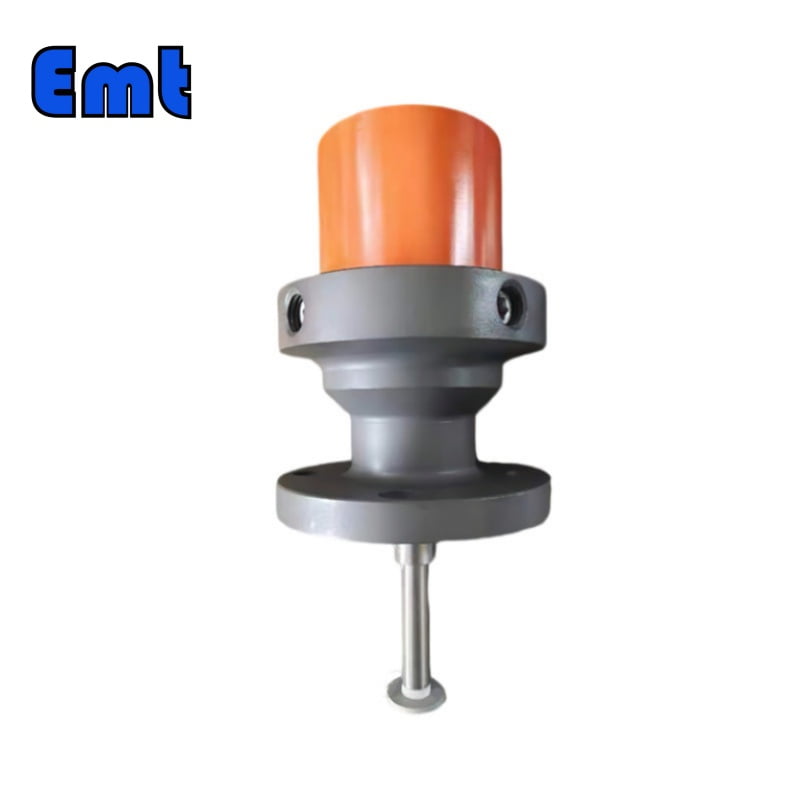
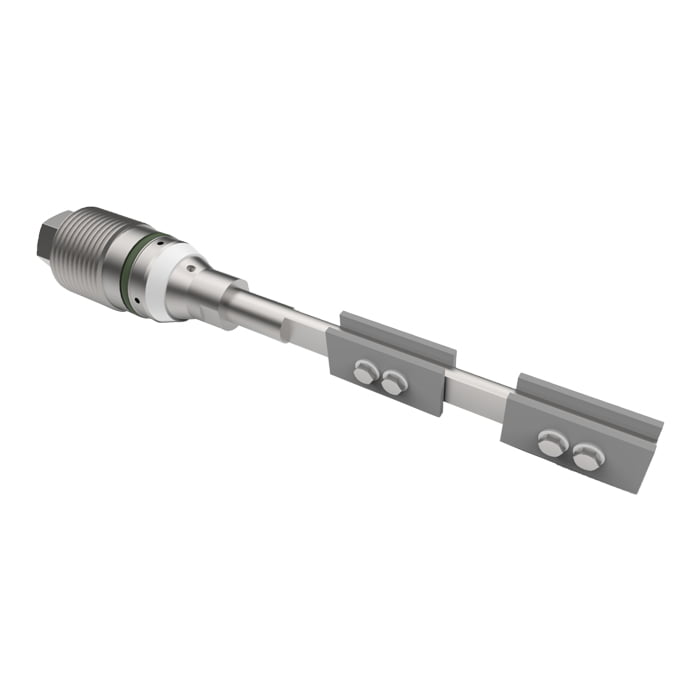

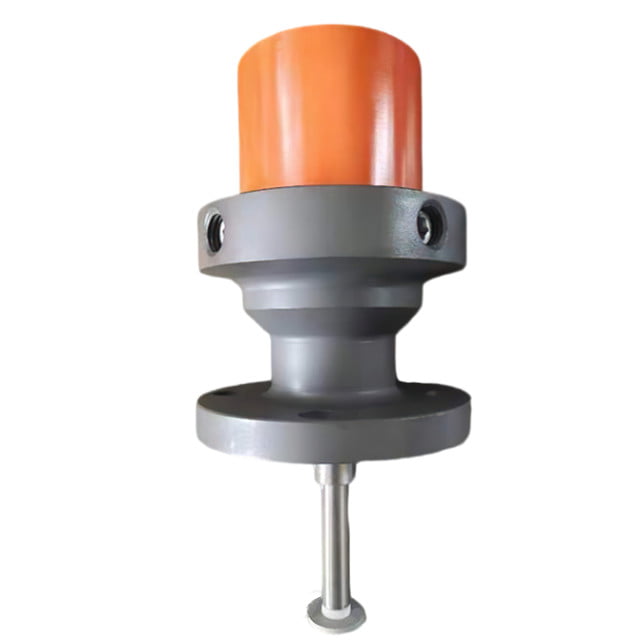
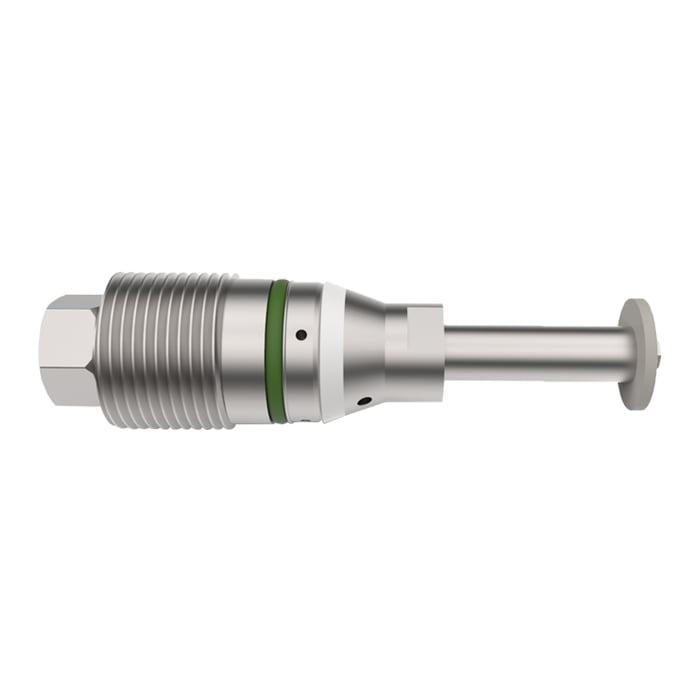
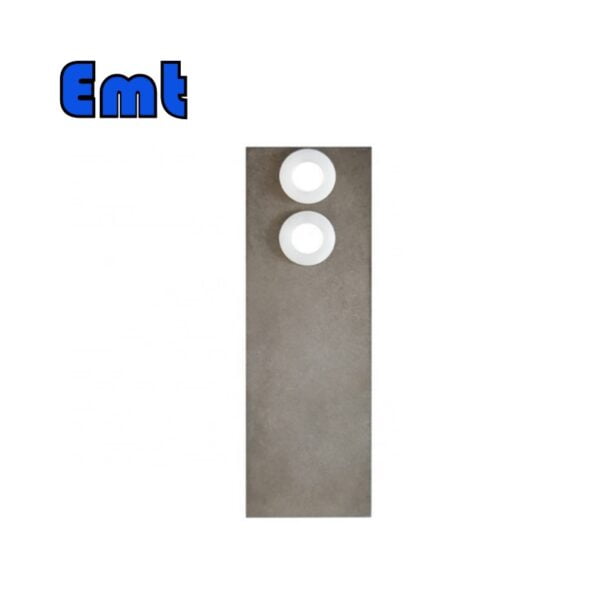
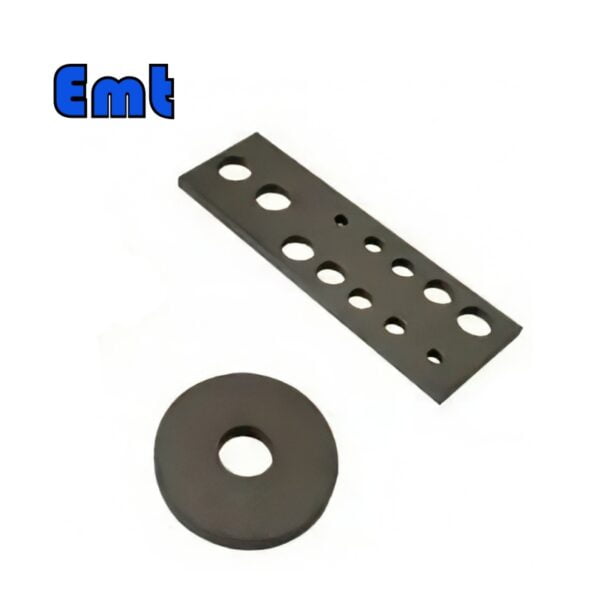
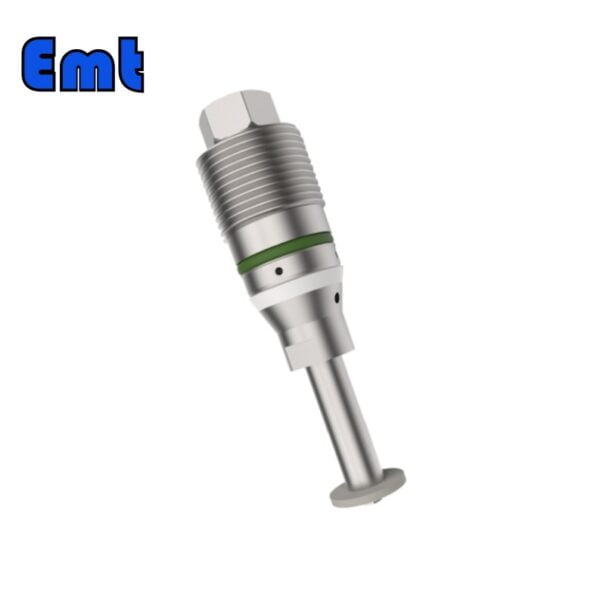
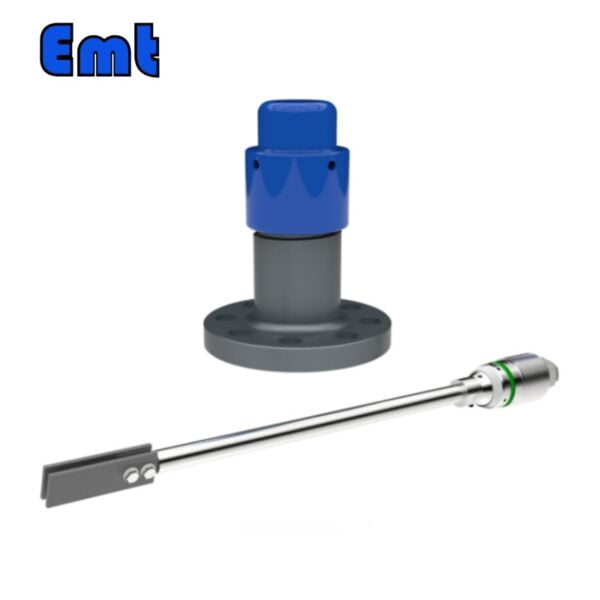
Reviews
There are no reviews yet.